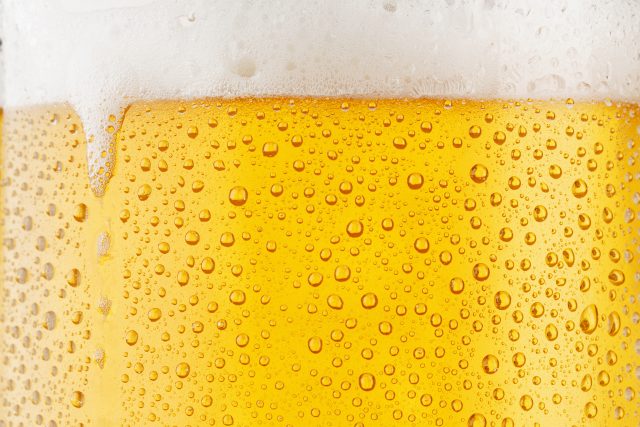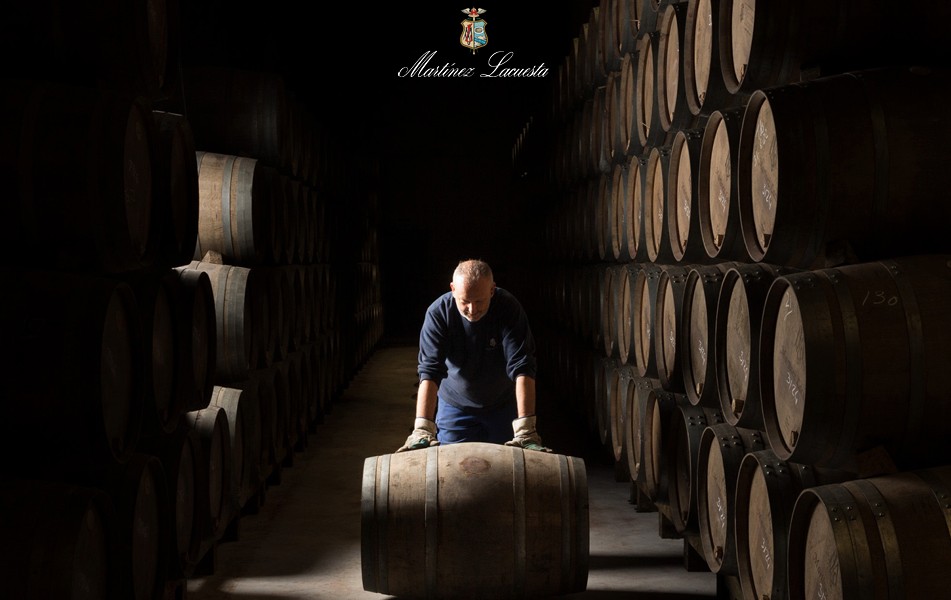NZ breweries have CO2 rationed due to extreme shortages
New Zealand breweries are at the mercy of CO2 rations after shortages continue to hamper the country’s beer production.

The rationing, which according to reports, began following the closure of the country’s only food-grade CO2 production facility on the west coast of the North Island, is due to a need to prioritise CO2 supplies for medical situations before it can be offered to brewers.
Industrial gas producer BOC told reporters: “We are working collaboratively with suppliers, customers and other industry stakeholders to manage the CO2 supply situation.”
Todd Energy, which runs the facility that recently closed, said in a statement its abrupt closure was due to a plant safety issue that was being investigated.
Todd Energy chief executive Mark Macfarlane explained: “The safe operation of the plant is our priority. Unfortunately, that means the plant is temporarily closed while we work through engineering solutions.”
Partner Content
Prior to this, supplies of CO2 have already been minimal since New Zealand’s other plant closed following the decommissioning of the country’s only refinery in April 2022. Added to this, due to an uplift in demand, Statistics New Zealand data revealed that last year the cost of CO2 imports almost tripled.
Brewers Association executive director Dylan Firth highlighted that the beer industry in New Zealand was worth around NZ$2.8 billion (US$1.8 billion) annually and yet had been having to ration for some time with many smaller brewers having limited stocks of C02 and others being forced to stop production due to the supply issues.
Steam Brewing managing director Steve Kermode added: “This is an absolute nightmare.”
Like most brewers in the country Kermode admitted that he was facing soaring costs for imported CO2 that he couldn’t pass onto customers and had at times shut down production because of the shortages.
To stay open, Steam Brewing is said to be investing in new technology to capture CO2 produced in the brewing process so it can be reused, but even this route will only produce around 25% of the CO2 the brewery needs.
Related news
Northern Monk to raffle 15 litre Nebuchadnezzar of imperial stout




